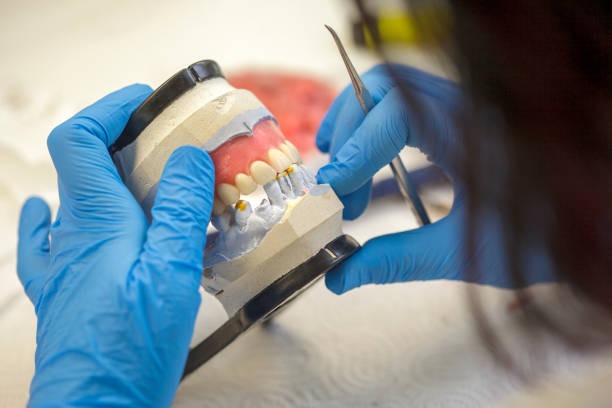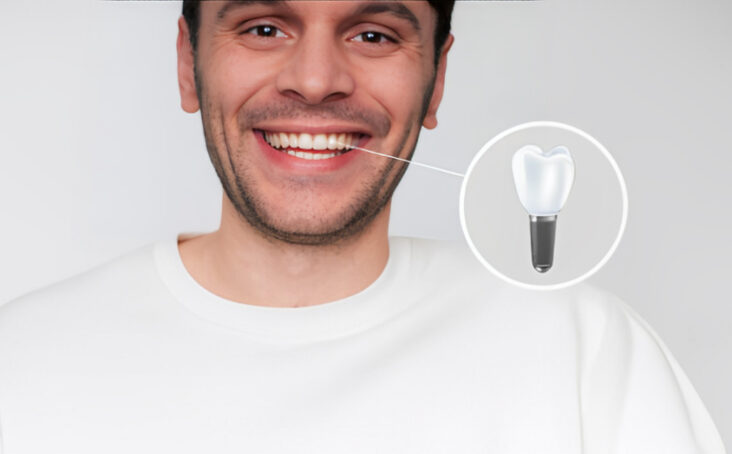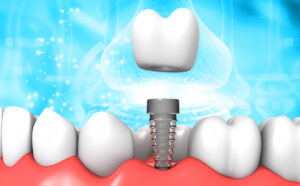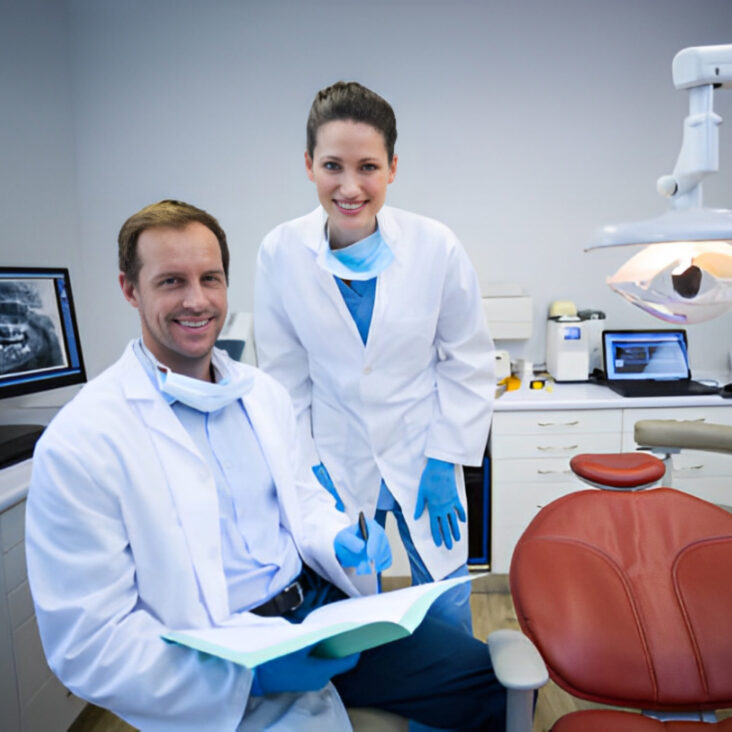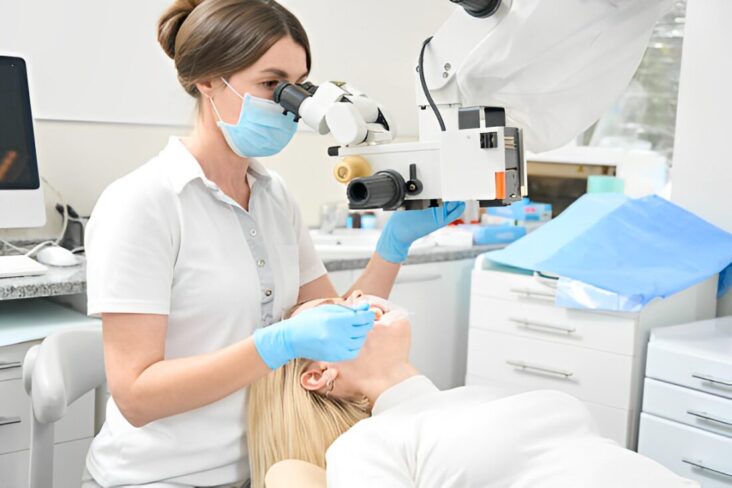A common dental procedure called root canal therapy is used to save and preserve natural teeth that have sustained significant damage or infection. We are dedicated to making sure every person leaves our doors with a happy and healthy smile, having earned the trust of over 10,000 patients over the previous five years. This article delves deeply into the realm of root canal therapy, covering its advantages, process, aftercare, and the critical role that patient satisfaction and trust play in positive results. Come along as we examine the nuances of this necessary dental procedure that has changed people’s smiles and lives.
Overview of Root Canal Therapy
Meaning and Objective A dental procedure called root canal therapy is used to save a tooth that is severely decayed or infected. The process involves removing the tooth’s infected pulp, cleaning and disinfecting the surrounding area, and sealing the tooth to stop further infections.
Common Reasons for Needing Root Canal Therapy
If you have a severe toothache, are sensitive to heat or cold, have swelling around your tooth, or your tooth is darkening, you may need a root canal. These signs frequently point to an inflamed or infected pulp inside your tooth.
Importance of Trust and Patient Satisfaction
In any dental procedure, but particularly in root canal therapy, trust and patient satisfaction are essential. A reputable dentist will make sure you get the best care possible and try to make your visit as stress-free and comfortable as possible. Contented patients leave with peace of mind in addition to a healthy smile. Principal Advantages of Root Canal Therapy Pain Management and Oral Health Restoration The alleviation of extreme tooth pain is one of the main advantages of root canal therapy. You can get rid of that excruciating pain and improve your oral health by treating the tooth and extracting the infected pulp.
Preservation of Natural Teeth
In any dental procedure, but particularly in root canal therapy, patient satisfaction and trust are essential. A reputable dentist will make sure you get the best treatment and try to make your visit as stress-free and comfortable as possible. Happy patients leave with peace of mind in addition to a healthy smile. Important Advantages of Root Canal Therapy Pain Management and Dental Health Restoration The alleviation of extreme dental pain is one of the main advantages of root canal therapy. You can get rid of the excruciating pain and improve your oral health by treating the tooth and extracting the infected pulp.
Understanding the Procedure:
In any dental procedure, but particularly in root canal therapy, patient satisfaction and trust are essential. A reputable dentist will make sure you get the best treatment and try to make your visit as stress-free and comfortable as possible. Happy patients leave with peace of mind in addition to a healthy smile. Important Advantages of Root Canal Therapy Pain Management and Dental Health Restoration The alleviation of extreme dental pain is one of the main advantages of root canal therapy. You can get rid of the excruciating pain and improve your oral health by treating the tooth and extracting the infected pulp.
The Root Canal Procedure:
Your dentist will clean the inside of the tooth, remove the infected pulp, numb the area, and then seal the tooth with a filling during the root canal procedure. The process is comparatively painless and can frequently be finished in one or two visits, despite its frightening reputation.
Options for Post-Treatment Restoration Your tooth might require a crown or other additional restoration after the root canal to strengthen it and shield it from future harm. To guarantee long-term success, your dentist will go over the best restoration options for your particular situation.
Post-Procedure Care and Recovery
Well done! You handled the root canal quite well. It’s time to concentrate on recovery and post-procedure care. Never forget to diligently follow your dentist’s instructions—don’t be lazy, folks! Take it easy, stay away from spicy foods, and gently brush and floss the area that has been treated. Consider it like a spa day for your teeth. Treat yourself and embrace the smoothie lifestyle. Later, your tooth will appreciate it.
Success Stories: Patient Testimonials
Listen to the root canal warriors themselves instead of taking our word for it! Following treatment, our patients have shared their victories and success stories. These testimonies will make you want to give your dentist a high five, from overcoming their fear of the dentist’s chair to eating ice cream without flinching. Add your smiles and glowing reviews to the chorus. Who knew getting a root canal could make you feel so good?
The Expert Team Behind Successful Root Canal Therapies Every successful root canal procedure is made possible by an incredible team. Meet our skilled dental team, the unseen wizards behind the scenes. They approach root canals delicately and precisely, using tools sharper than a floss pick. Your dental problems will be resolved thanks to the skill of our endodontists and the delicate touch of our hygienists. They’ll do their magic if you put your trust in them. Play the music for the dental hero! As we wrap up our discussion of root canal therapy, we encourage you to think about the value of keeping your natural teeth and the profound effects this treatment can have on your oral health.
We are proud to have assisted more than 10,000 people on their path to healthier smiles, thanks to a committed staff that prioritises patient satisfaction and trust. We hope that this article has inspired you to put your dental health first and has given you insightful knowledge about the field of root canal therapy. We appreciate you coming along on this educational adventure with us.











